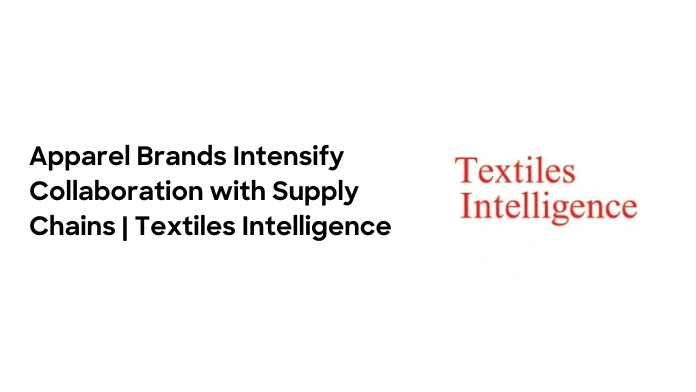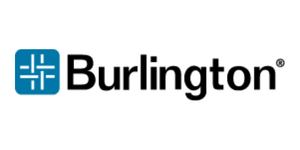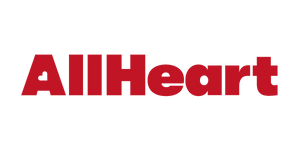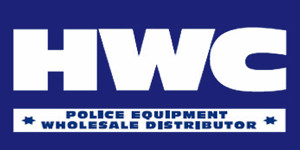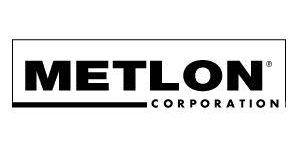Major apparel brands and organisations are accelerating product innovation and supporting initiatives to promote recycling and circularity in response to an ambitious new EU strategy, according to “Apparel brands intensify collaboration with supply chains, prompted by the EU Strategy for Sustainable and Circular Textiles” — a 12-page report from the global business information company Textiles Intelligence.
The EU Strategy for Sustainable and Circular Textiles, which was published by the European Commission in March 2022, sets out actions to ensure that textile products placed on the EU market from 2030 are durable and recyclable, free from hazardous substances, and made as much as possible from recycled fibres.
Also, the strategy has a provision for addressing problems of mounting waste resulting from soaring demand for fast fashion. It calls on apparel brands to reduce the number of collections they launch each year, and it urges the clothing industry to minimise the carbon footprint of fast fashion and its impact on the environment.
In response, a number of brands are backing work in Scandinavia on the development of new cellulosic fibres made from textile waste.
Renewcell, a textile recycling company based in Stockholm, Sweden, has constructed a facility for producing Circulose — a dissolving pulp which is made from cotton-rich textile waste and can be turned into new viscose fibres and filaments.
Also, Infinited Fiber Company, a biotechnology company based in Espoo, Finland, is converting a disused mill into a facility for producing Infinna — a premium textile fibre which is made using cellulose-based raw materials.
Elsewhere, Napapijri — an outdoor apparel supplier based in Aosta, Italy, which is owned by VF Corporation — has gone the extra mile in working to secure Cradle to Cradle Gold certification for its Circular range of outdoor jackets, which are made using 100% mono-materials.
Luxury fashion house Hugo Boss, meanwhile, has entered into a partnership agreement with the textile chemicals company HeiQ for the supply of AeoniQ — a cellulosic filament yarn which is recyclable and made using a closed-loop process.
In addition to apparel brands, the EU Strategy for Sustainable and Circular Textiles has prompted several organisations to launch new initiatives which are aimed at promoting recycling and circularity.
For example, Euratex (the European Apparel and Textile Confederation) has launched an initiative called ReHubs which calls for the establishment of 150-250 dedicated new recycling centres in Europe in the next few years. The aim of the initiative is to achieve the fibre-to-fibre recycling of 2.5 million tons a year of Europe’s textile waste by 2030.
Elsewhere, the CISUTAC (Circular and Sustainable Textiles and Clothing) project aims to remove bottlenecks in the supply chain where they pose a barrier to achieving circularity.
The project will develop new, sustainable and integrated large-scale European value chains in order to minimise the total impact of the textile and clothing industry on the environment.
———————————————————————————————————————————
“Apparel brands intensify collaboration with supply chains, prompted by the EU Strategy for Sustainable and Circular Textiles” is available for purchase from the global business information company Textiles Intelligence and costs £160 (UK), Euro290 (Europe, Middle East or Africa) or US$385 (Americas or Asia Pacific). For further information or to purchase this report, visit https://bit.ly/3WNg7T9
The report is also available in Issue No 215 of Textile Outlook International. Other reports published in this issue include: “World textile and apparel trade and production trends: China, Hong Kong, Japan, South Korea and Taiwan”, “Survey of the European yarn fairs for autumn/winter 2023/24”, “Prospects for the textile and clothing industry in India”, “Heimtextil 2022: trends, developments and innovations in home textiles”, and “Textiles and apparel business update”.
Textile Outlook International is published six times a year by Textiles Intelligence. Each issue provides an independent and worldwide perspective on the global textile industry.
A year’s printed subscription to Textile Outlook International costs £1,315 (UK), Euro2,410 (Europe, Middle East or Africa) or US$3,140 (Americas or Asia Pacific). An electronic supplement is also available; please contact Textiles Intelligence for details. Single issues and multi-report packages are available on request. To download a sample issue of Textile Outlook International, visit https://bit.ly/2R6wIT5
For further information about all Textiles Intelligence publications, please visit www.textilesintelligence.com
Contacts:
Emily Burke
Senior Editor
General enquiries
Tel: +44 (0)1625 536136 Textiles Intelligence, Pentland House, Village Way, Wilmslow SK9 2GH
Also read: 3M To Launch New Sustainably Driven Insulation – 3M™ Thinsulate™




